
2022-05-17 13:15:00
BRITAIN'S TRANSPORT DECARBONIZATION
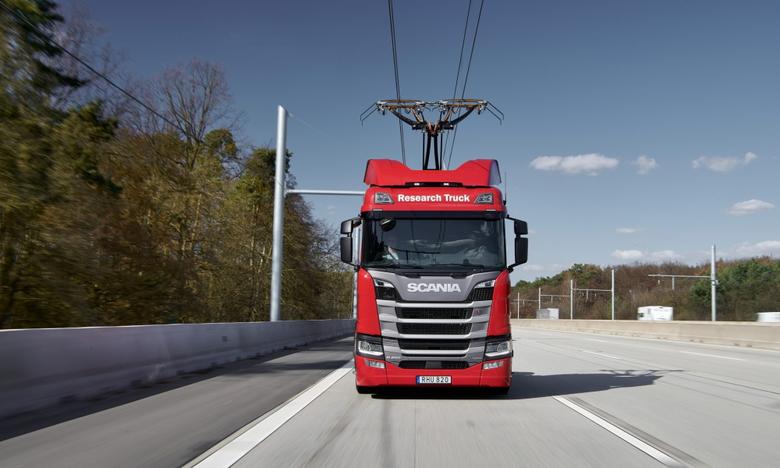
By JULIAN JACKSON writer and researcher BrightGreen PR
This thought leadership article was originally shared with Energy Central's Grid Professionals Community Group. The communities are a place where professionals in the power industry can share, learn and connect in a collaborative environment. Join the Grid Professionals Community today and learn from others who work in the industry.
-----
Earlier:
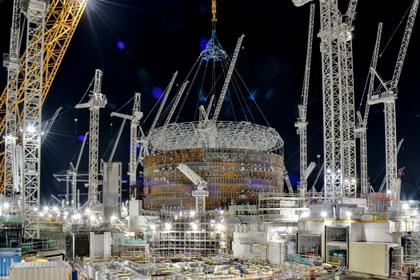
2022, May, 16, 11:45:00
BRITAIN'S NUCLEAR DEVELOPMENT
In early April, the government published its Energy Security Strategy, setting out its ambitions for eight new reactors, plus small modular reactors, helping to produce 24 GWe of nuclear generating capacity by 2050, representing about 25% of the UK's projected electricity demand.
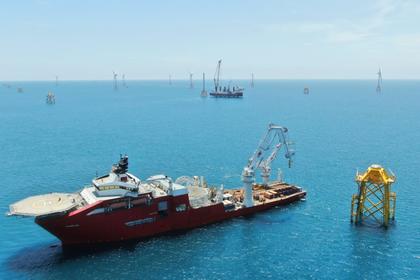
2022, April, 29, 11:35:00
BRITAIN'S RENEWABLE FOR NETHERLANDS 1.4 GW
To win the tender for Site VI the bidding parties have to include ecological measures in their concept, whereas Site VII requires investments and innovations which are beneficial for the Dutch Energy System.

2022, April, 20, 11:15:00
BRITAIN'S SMR NUCLEAR 2029
The British government asked its nuclear regulator to start the approval process in March, having backed Rolls-Royce's $546 million funding round in November to develop the country's first SMR reactor.
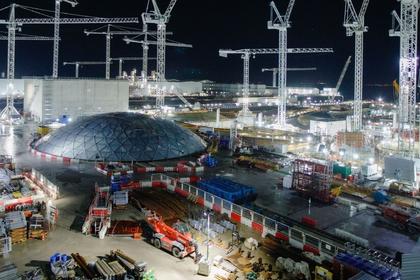
2022, April, 8, 10:50:00
BRITAIN'S NUCLEAR EXPANSION
Nuclear's share of energy in the UK is currently about 16%, however almost half of the country's current capacity is due to be retired by 2025 and all but one of its reactors will retire by 2030.

2022, April, 7, 14:10:00
BRITAIN'S FUSION ACHIEVED
First Light Fusion (First Light), the University of Oxford fusion spin-out, today confirms it has achieved fusion. The UK Atomic Energy Authority (UKAEA) has independently validated the result.

2022, March, 16, 12:05:00
BRITAIN NEED OIL
But getting Saudi Arabia and the UAE to agree to pump more crude would require them to break a more-than-five-year partnership with Russia that has forged strong ties beyond oil — an uncertain prospect as they increasingly look eastward for political allies.
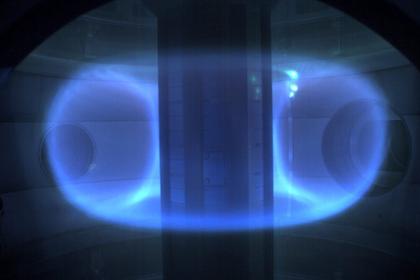
2022, March, 11, 12:15:00
BRITAIN'S FUSION 100 MLN DEGREES
The company added that the milestone of achieving 100 million degrees Celsius plasma has been verified by an independent advisory board consisting of international experts.












